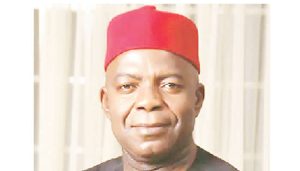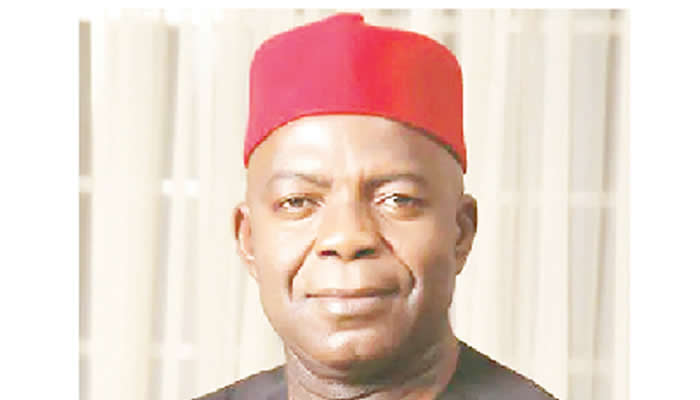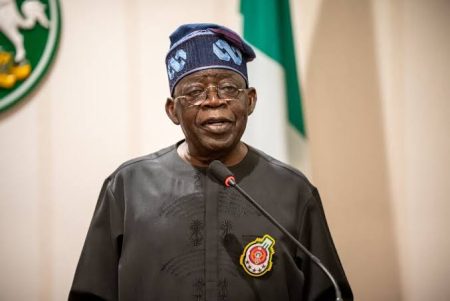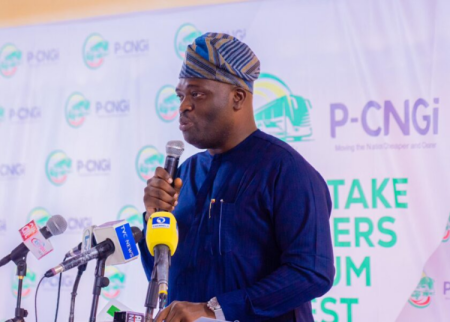The political landscape of Abia State is embroiled in a contentious debate surrounding the allocation and utilization of funds designated for educational projects. At the heart of the controversy are allegations of financial mismanagement leveled against Governor Alex Otti by Eze Chikamnayo, a prominent figure within the All Progressives Congress (APC) and convener of the Abians Best Interest Association. Chikamnayo has petitioned several anti-graft agencies, including the Economic and Financial Crimes Commission (EFCC), accusing Governor Otti of misappropriating over N54 billion earmarked for the construction and renovation of schools, specifically the purported “51 smart schools” project.
Chikamnayo’s accusations paint a stark picture of alleged financial impropriety. He contends that Governor Otti’s administration has reported spending substantial sums on education initiatives, including N6 billion between June and December 2023, N58 billion throughout 2024, and a further N14 billion in the first half of 2025. Additionally, Chikamnayo claims that N8 billion from the Universal Basic Education Commission (UBEC) was allocated in 2025 for school repairs, following a N4 billion counterpart fund provided by the state. These figures, totaling N86 billion, raise serious concerns, especially when juxtaposed with the alleged dilapidated condition of the majority of schools in Abia State.
Despite these significant financial allocations, Chikamnayo asserts that over 95% of schools in Abia State remain in a state of disrepair, lacking basic facilities and posing a significant impediment to effective teaching and learning. He questions the whereabouts of the 51 smart schools allegedly funded by the N54 billion, demanding evidence of their existence and location. The absence of tangible progress on these projects, despite the reported expenditures, fuels Chikamnayo’s suspicion of systemic corruption, impunity, and a lack of transparency and accountability within the Otti administration.
In response to these grave allegations, Governor Otti’s Chief Press Secretary, Njoku Ukoha, has vehemently denied any wrongdoing. He dismisses Chikamnayo’s claims as politically motivated falsehoods, designed to undermine the governor’s efforts to transform the state’s education sector. Ukoha asserts that the Otti administration has maintained transparency in its dealings and that the ongoing school construction and renovation projects are visible for all to see. He emphasizes that the government is committed to its educational agenda and will not be deterred by such accusations.
The contrasting narratives presented by Chikamnayo and the governor’s office have created a deep divide in public opinion. While Chikamnayo insists that his campaign is driven by genuine concern for the future of Abia children and the need to safeguard public funds, the government maintains that these accusations are merely a political ploy to discredit the administration. This clash of perspectives underscores the importance of a thorough and impartial investigation to determine the veracity of the allegations and ensure accountability in the management of public resources.
The unfolding situation in Abia State raises critical questions about transparency and accountability in governance, particularly concerning the allocation and utilization of funds for vital sectors like education. The allegations of financial mismanagement, coupled with the reported deplorable condition of schools, demand urgent attention. A transparent and comprehensive investigation is crucial to uncover the truth, hold those responsible accountable, and safeguard the future of education in Abia State. The outcome of this investigation will undoubtedly have significant implications for the political landscape of the state and the trust placed in its leadership. Furthermore, it will serve as a crucial test of the effectiveness of anti-corruption mechanisms and the commitment to ensuring that public funds are used judiciously for the benefit of the citizens.













